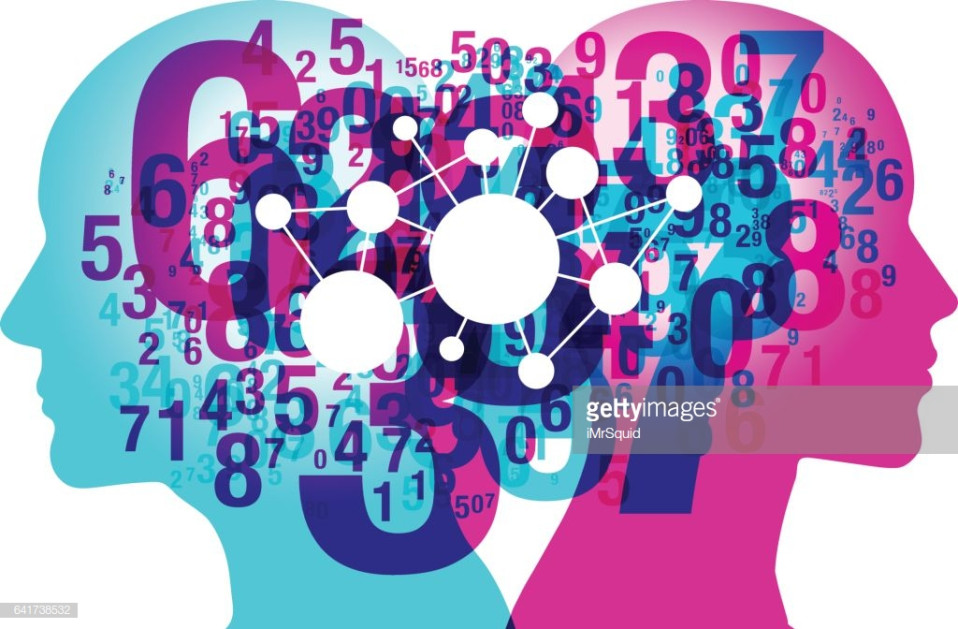Research shows that depression successfully treated with ketamine helps learning
J Psychopharmacol. 2018 Oct;32(10):1118-1126. doi: 10.1177/0269881118798614. Epub 2018 Sep 27.
Summary
Ketamine has proven to have rapid, robust antidepressant effects on treatment-resistant depression. However, whether repeated ketamine infusions would cause short-and long-term neurocognitive impairments was not clear. Our aims were to investigate the neurocognitive effects of six ketamine infusions and to examine the association between these infusions and the antidepressant response in patients with unipolar and bipolar depression.
Intravenous infusions of ketamine
Six intravenous infusions of ketamine (0.5 mg/kg) over a 12-day period were administered to 84 patients with unipolar and bipolar depression. Severity of depressive symptoms and four domains of neurocognition, including speed of processing, working memory, visual learning and verbal learning, were assessed at baseline, one day following the last infusion and again two weeks post-infusion.
Ketamine treatment improved thinking power
Significant improvements were found on speed of processing (F=9.344, p<0.001) and verbal learning (F=5.647, p=0.004) in a linear mixed model. The Sobel test showed significant indirect effects between time and improvement in speed of processing (Sobel test=3.573, p<0.001) as well as improvement in verbal learning (Sobel test=6.649, p<0.001), which were both significantly mediated by change in depressive symptoms. Logistic regression analysis showed ketamine responders had better visual learning at baseline than non-responders (B=0.118, p<0.001).
A prior study published in 2014 showed similar results. In this study, six IV infusions of 0.5 mg/Kg ketamine over 40 min were conducted on a Monday-Wednesday-Friday schedule during a 12-d period on 15 patients with treatment-resistant depression followed by a 4-wk observational period. Neurocognitive functioning was assessed using the CogState battery at baseline and at each follow-up visit. Tasks were designed to test attention, memory (working, visual, and verbal), speed of processing, and set shifting. The likelihood of response through six infusions was greater among depressed subjects with lower attention at baseline. Significant improvement was found in scores of visual memory, simple working memory and complex working memory after the last ketamine infusion.
Verbal learning and speed of processing improved from ketamine infusion
Our findings suggest that neurocognitive function would not deteriorate after six ketamine infusions, while verbal learning and speed of processing improved over 13 days and 26 days of observation, respectively. However, this change was mainly accounted for by improvements in severity of depressive symptoms over time. Greater baseline visual learning predicted an antidepressant response over six ketamine infusions.

